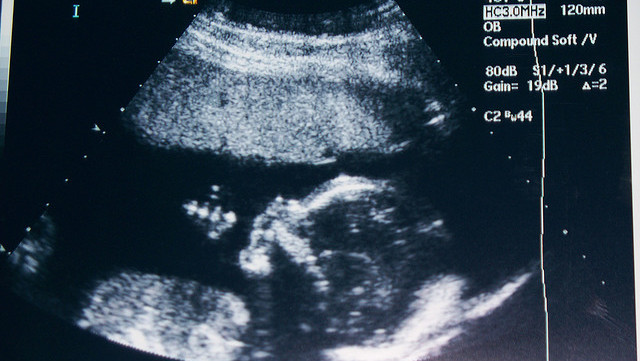Mississippi bears the unfortunate distinction of highest infant mortality rate in the United States. Context is everything, but Mississippi’s current rate of nine deaths per 1,000 newborns doesn’t improve in the national, or international, frame of reference. The United States records 5.2 deaths per 1,000 infants on average. Just over five infants dying within their first year of life is comparatively high for a developed country – Switzerland comes in at 3.8, the United Kingdom 4.5 and Japan 2.17 – but Mississippi’s rate is approximate to those of developing countries like Botswana and Sri Lanka.
Mississippi’s high infant mortality ratio is due to a combination of factors including poverty, high rates of obesity and inferior education. But the state might exacerbate its record on family health if citizen Rennie Gibbs is convicted of murder, after she gave birth to a stillborn child in 2006. Gibbs was 16 years old during her pregnancy. She went into premature labor and gave birth to a stillborn daughter named Samiya. Experts at first attributed Samiya’s death to the umbilical chord wrapped around her neck. However, during the infant’s autopsy, medical examiner Steven Hayne found traces of a cocaine byproduct in her blood. Hayne decided that the benzoylecgonine – the cocaine byproduct – was the cause of death and today Gibbs is fighting off an indictment for “depraved heart murder,” seven years after her miscarriage.
Before addressing the slew of precedents that a conviction for unhealthy behavior during a pregnancy would establish, it should be mentioned that Samiya’s true cause of death is uncertain. Gibbs undoubtedly used cocaine during her pregnancy, but as a part of her defense, expert witnesses have testified that the likeliest cause of death was the umbilical chord around the infant’s neck. A forensic pathologist said, “It is impossible to conclude from the very small amount of benzoylecgonine that the stillbirth was caused by cocaine toxicity.”
Gibbs’ defense team is working to have her case dismissed, but it could very well go to court. If Gibbs is charged with the murder of her child – for being a 16-year-old pregnant drug-user, the effects it will have on the legal status of expectant mothers brings to mind a dystopian reality worthy of Margaret Atwood. The best argument against the criminalization of reckless behavior on the part of pregnant women is the slippery slope it puts the country on: take the current circumstances of anti-feticide laws in action in the United States. Anti-fetal homicide laws are in place in 38 states; while they were initially legislated in the spirit of protecting expectant mothers against violence, they’ve led to disproportionate prosecution against African American women who suffer miscarriages. Rhode Island anti-feticide law states the “willful killing of an unborn quick child by any injury to the mother of that child is deemed manslaughter.” Other anti-feticide laws follow similar guidelines: criminalizing violent actions that damage an unborn child remote from the already criminal violence inflicted on the mother. These laws have certainly been used to protect women and their unborn children, but they’ve produced an unfortunate and biased corollary effect. Increasingly, anti-feticide laws are being used to arrest and imprison women who have suffered stillbirths or miscarriages after suspected drug use. These charges inordinately affect minority women, and in many cases are flagrant attacks against female citizens’ body autonomy, in the process of enforcing a state’s interest in protecting a fetus. According to the director of National Advocates for Pregnant Women, 99 percent of cases brought against women who have suffered miscarriages are not brought to trial because “women simply [pleed] guilty and accepted the punishment meted out to them.”
If Rennie Gibbs’ defense fails to have her case dismissed, and a jury finds Gibbs guilty of murdering of her child, it will be another disturbing step down the road of criminalizing a woman’s conduct during pregnancy. As one Guardian article astutely observed, under Gibbs’ circumstance, former first lady Jacqueline Kennedy – who experienced both a stillbirth and at least one miscarriage – could be guilty of homicide for smoking during her pregnancies.
